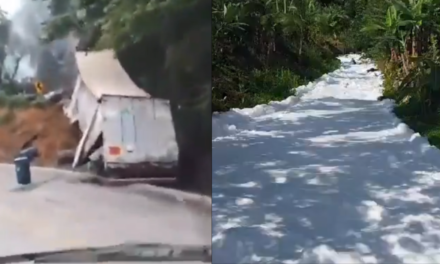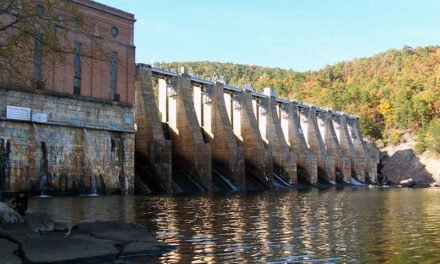Thousands of tons of dead sardines and mackerel have mysteriously washed up on a beach in Hakodate, located on Japan’s northernmost main island of Hokkaido. The event occurred on December 7, leaving a silver blanket stretching approximately 1.5 kilometers along the shoreline near the Toi fishing port. Local residents, stunned by the unprecedented sight, gathered the fish, prompting the town to issue a notice urging residents against consuming the washed-up seafood.
Takashi Fujioka, a researcher at the Hakodate Fisheries Research Institute, suggested several potential reasons for the mass beaching. He hypothesized that the fish may have been chased by larger predators, leading to exhaustion and a subsequent lack of oxygen within the densely packed school. Another possibility is that the fish suddenly entered colder waters during their migration. The decomposition of the fish poses a threat to the marine environment by lowering oxygen levels in the water.
The Hakodate city government, perplexed by the incident, has initiated an investigation into the cause of the mass fish deaths. Officials estimated that at least 1,000 tons of sardines and mackerel were stranded on the beach, though the actual figure may be higher. Local authorities, in collaboration with fishermen and the Hokkaido prefectural government’s Oshima Regional Promotion Bureau, will commence cleanup efforts on Saturday to remove and dispose of the dead fish.
Concerns Over Fukushima’s Radioactive Wastewater
Japan’s decision to release treated wastewater from the Fukushima nuclear plant into the Pacific Ocean has ignited widespread controversy. The plan, initiated on August 24, seeks to address the accumulation of over a million tonnes of treated waste water since the 2011 tsunami severely damaged the plant.
Despite assurances from Tepco, the Japanese government, and international nuclear experts, public concerns persist. Only 53% of the Japanese population supports the plan, while 41% oppose it, according to a recent survey. Human rights experts and environmental activists oppose the release, emphasizing the need for more studies on its potential impact on the ocean bed and marine life.
China strongly opposes Japan’s plan, accusing it of violating international obligations. Beijing widened a seafood ban to cover all of Japan, citing concerns over water contamination. South Korea, while officially endorsing the plan, faces public backlash, with 80% expressing worries about the water release. The Pacific Islands Forum views the release as a “major nuclear contamination disaster.”
Japanese authorities and Tepco have undertaken extensive public education campaigns, emphasizing transparency. Prime Minister Fumio Kishida promises a high level of transparency, and Tepco commits to real-time data publication on radioactivity levels. The International Atomic Energy Agency (IAEA) has endorsed Japan’s safety standards after a two-year investigation.









